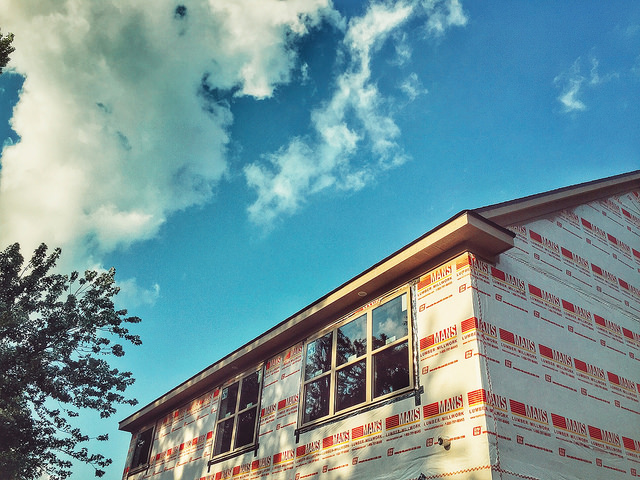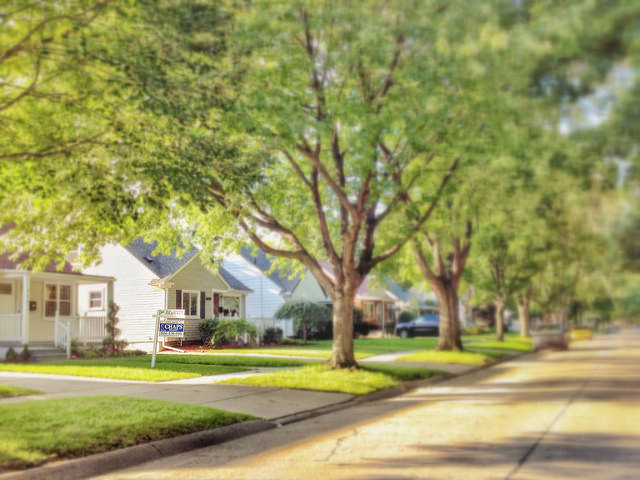There are a lot of stages a house goes through on its way to becoming someone’s home. And one of the most important steps along that path is its construction. Because builders are there at the beginning of the process, they have an unique perspective on, not only the market, but also home buyers and their preferences. For this reason, the National Association of Home Builders surveys builders each month to get their perspective on the market for new homes. According to the most recent results, builders are more confident than they’ve been at any time since June 2005. But though their optimism hit a 12-year high, Robert Dietz, NAHB’s chief economist, says builders still face some challenges. “While builders are clearly confident, we expect some moderation in the index moving forward,†Dietz said. “Builders continue to face a number of challenges, including rising material prices, higher mortgage rates, and shortages of lots and labor.†Still, optimism is high, not only about current sales conditions, but also future prospects. In fact – on a scale where any number above 50 indicates more builders view conditions as good than poor – the index component measuring sales expectations over the next six months was up five points to 78. This is encouraging news for buyers because a strong new home market means more new homes get built and more new home construction means less upward pressure on home prices. More here.













